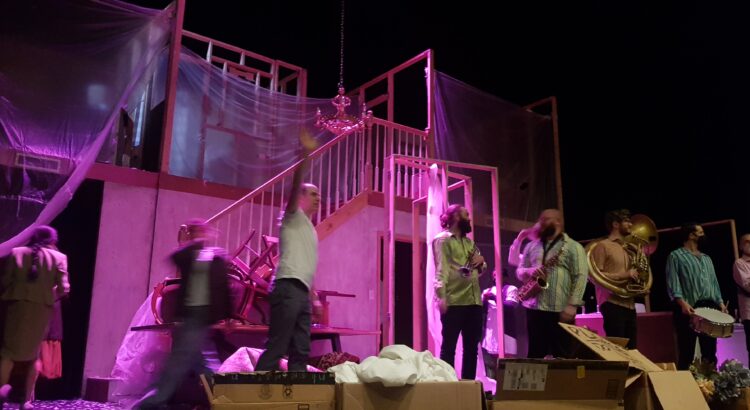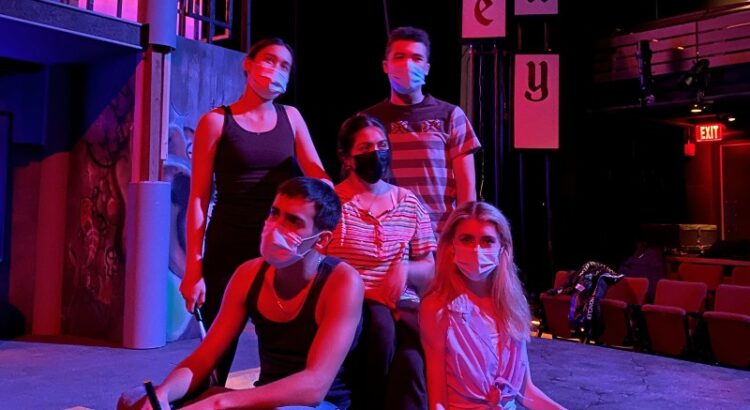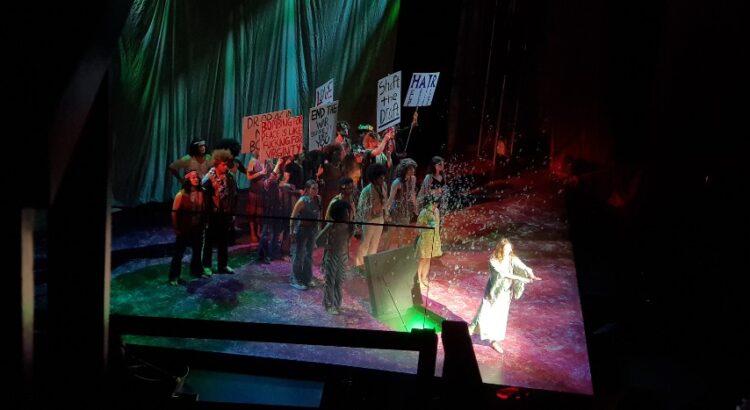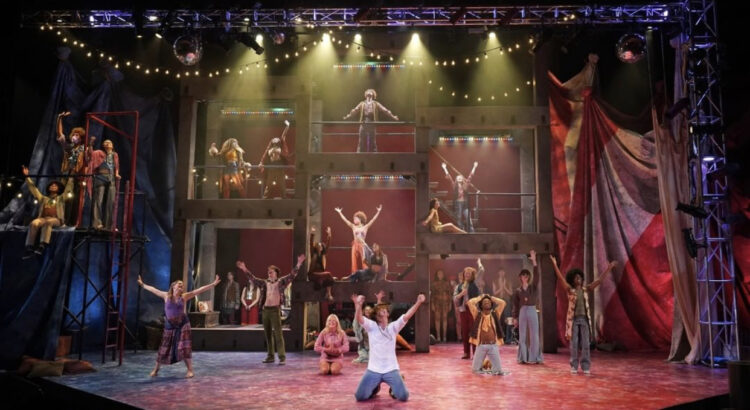That’s a lot of “MOSCOW”s in the title! Let’s abbreviate, shall we?
WHAT: A performance of the play “MOSCOW x 6” by UM’s own Department of Theatre & Drama!
WHERE: the Arthur Miller Theater inside the Walgreen Drama Center (that pretty light green building down the road when you get off the bus at Pierpont!)
WHEN: See all showtimes here! I’ll be catching tomorrow night’s 8pm show. This show is on the October 1-15 Passport to the Arts — you can redeem a passport for a FREE ticket at the League Ticket Office!

Besides being intrigued by this play’s unusual title (it sounds like it’s shouting at me!), I was curious about the blurb that states: “It’s Chekhov’s “Three Sisters” for the Fleabag generation. A deftly comedic (and undisputedly raunchy) exploration of unchecked privilege.”
Who is Chekhov? What exactly is the Fleabag generation? I wondered. If you’re wondering too, don’t worry I’ll share my research.
“Three Sisters” is a 1901 play by Russian playwright Anton Chekhov that follows the lives of, you guessed it, three sisters. They feel trapped in their rural Russian town and long to move back to the big city of Moscow where they grew up.
“Fleabagging” is a dating phenomenon named after the hit dark comedy television series “Fleabag” created by Phoebe Waller-Bridge. It’s repeatedly dating the “wrong” person, careening from bad relationship to bad relationship, gravitating toward those who you know will never be “the one.”
Into this mix comes Halley Feiffer, a playwright who decided to reimagine “Three Sisters” for a contemporary audience. Add a splash of black comedy, a sprinkle of feminism, a slab of social critique and class commentary, and you get “MOSCOW x 6” — a play that seems startlingly relevant to our world today.
I am incredibly intrigued to see how our theater students will interpret this nuanced piece, especially given that the ongoing war in Ukraine has colored public perspectives of Russia and its crown jewel: Moscow. There will definitely be no shortage of interesting discussions after the show.
Note the following content warnings for this performance. Take care of yourself!
Contains suicidal ideation/mental illness; physical violence; homophobic language; depicted sexual content; foul language; misogyny; alcohol abuse










